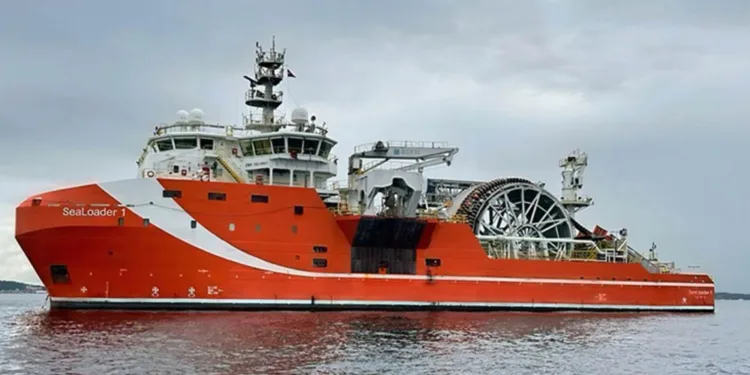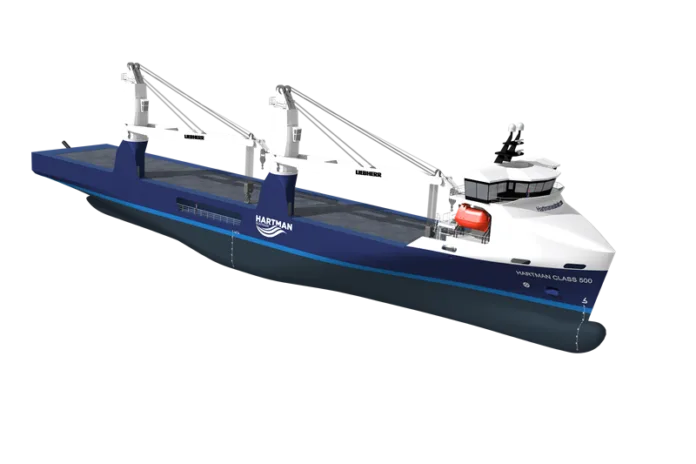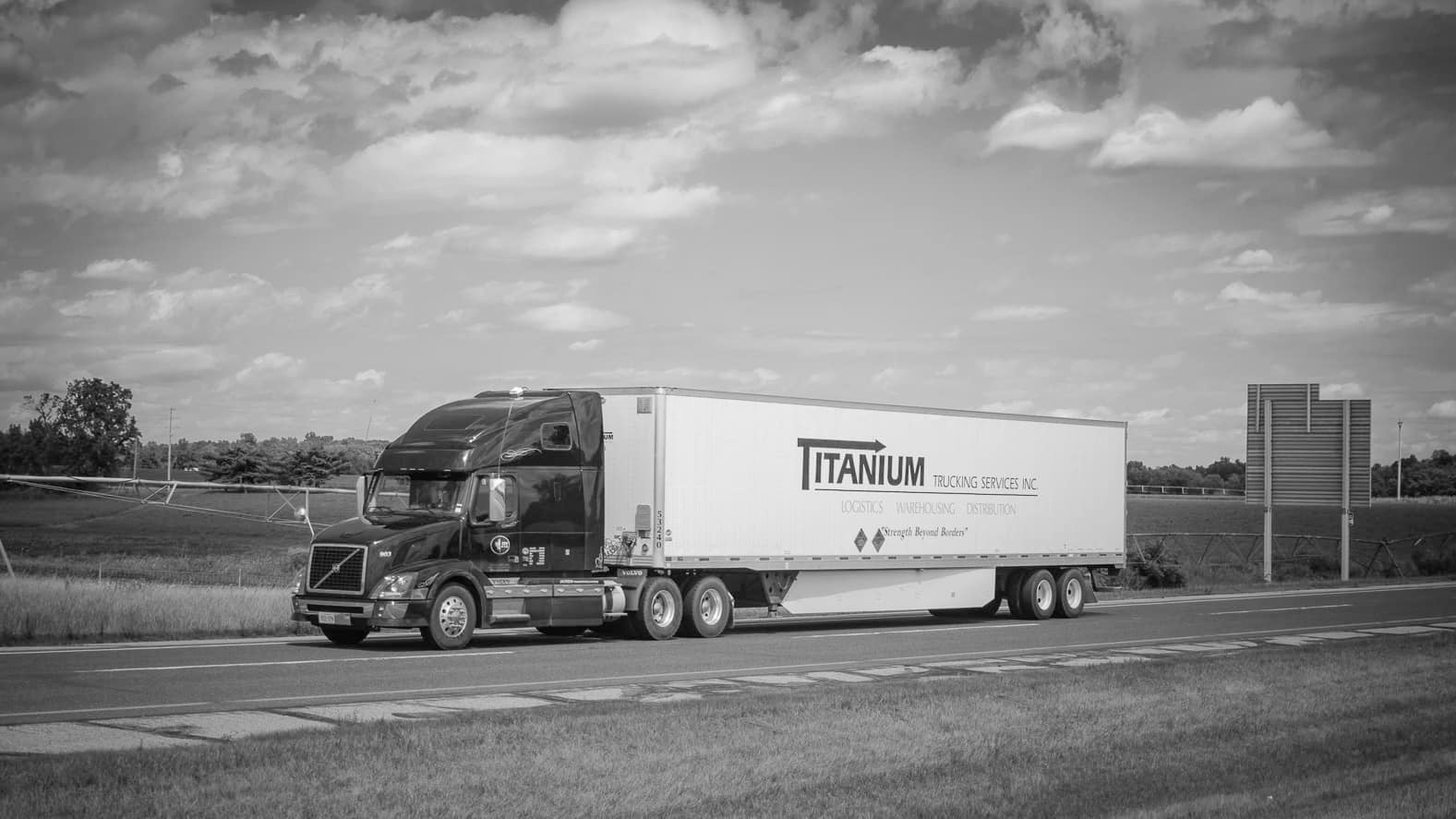Japan’s Mitsui O.S.K. Lines (MOL) has announced that a cargo transfer vessel (CTV) owned by one of its subsidiaries will be shared by the Brazilian arms of TotalEnergies and Shell.
The 2018-built CTV SeaLoader 1 has been employed by TotalEnergies since 2020 for transferring crude oil produced by FPSOs located in the Santos Basin to tankers.
This new agreement also allows Shell to use the vessel to discharge its cargo. MOL considers Shell’s participation in the CTV business a major milestone for the future spread of CTVs in Brazil.
TotalEnergies was the first company to use the CTV technology in Brazil and continues to be the priority user of SeaLoader 1. To date, the two CTVs operating in Brazil have completed more than 130 successful offloading operations.
MOL stated that it wishes to further expand the use of CTVs, which can significantly reduce CO2 emissions and costs compared to conventional crude oil transfer using shuttle tankers.
Normally, crude oil produced from the seabed by FPSOs is transported by crude oil tankers to the demand area. Often, ordinary crude oil tankers cannot receive crude oil directly due to their high susceptibility to waves and wind.
Shuttle tankers with fixed-point holding capability are then used to transport it to calm waters where it can be transferred from ship to ship.
CTVs, on the other hand, can be connected between an FPSO and a crude oil tanker, enabling direct transshipment of crude oil from an FPSO to a crude oil tanker, thus dramatically increasing the efficiency of crude oil logistics. It also reduces CO2 emissions and eliminates the need for shuttle tanker voyages.
Only two such CTVs exist in the world, all owned by MOL’s SeaLoading, which holds the patent for the technology.















